WASHINGTON/TBILISI (Reuters) - The U.S. on Friday sanctioned Georgian billionaire Bidzina Ivanishvili, a former prime minister widely seen as the de facto leader of the South Caucasus country, which critics say has shifted in an authoritarian, pro-Russian direction in recent months under his Georgian Dream party.
Secretary of State Antony Blinken said the United States was sanctioning the reclusive Ivanishvili for "undermining the democratic and Euro-Atlantic future of Georgia for the benefit of the Russian Federation".
Blinken said Ivanishvili had implemented "actions or policies that undermine democratic processes or institutions in the United States or abroad, for ... the Government of the Russian Federation."
Ivanishvili, who made billions in Russia in metals and telecoms in the 1990s, has spearheaded a rapid turn away from the West in the EU candidate country, publicly accusing foreign intelligence agencies of seeking to drive Georgia into war with Russia.
The sanctions mark the culmination of years of souring relations between the West and Georgia, which had been seen as among the most democratic, pro-Western countries of the former Soviet Union.
Georgian Dream, which is dominated by Ivanishvili, says it is committed to a democratic and pro-Western Georgia while also maintaining pragmatic ties with neighbouring Russia. But last month it froze EU talks until 2028, abruptly halting a longstanding national goal written into its constitution.
The freeze kick-started a month of protests and a crackdown that has seen more than 400 people, including high-profile opposition politicians, detained.
The U.S. on Dec. 18 sanctioned several senior Georgian interior ministry officials who it accused of complicity in the crackdown on protesters.
The sanctions mean any of Ivanishvili's U.S. assets are frozen. Ivanishvili and his allies in government have repeatedly said in recent years that the billionaire was already under “de facto sanctions” by the U.S., something Washington had denied.
Georgian Dream did not immediately respond to a request for comment on the new sanctions.
Ivanishvili has this year championed laws regulating “foreign agents” and LGBT rights that critics say are draconian in nature and Russian in inspiration.
Russia ruled Georgia for around 200 years until 1991, and polls show Georgians broadly dislike their vast neighbour, which continues to back two breakaway Georgian regions.
Russia and Georgia have had no formal diplomatic relations since Moscow defeated Tbilisi in a five-day war in 2008. Russia has said it does not interfere in Georgia.
The upheavals of recent weeks follow a disputed election in October, in which official results gave Georgian Dream almost 54% of the vote, but which opposition parties have said was tainted with fraud and illegitimate.
Georgian President Salome Zourabichvili, a critic of Georgian Dream in the mostly ceremonial role, has said she does not recognise the election results and will not leave office when her term ends later this month.
Her successor, Mikheil Kavelashvili, elected by Georgian Dream lawmakers, is due to be inaugurated on Sunday.
Georgian Dream said it expects relations with the U.S. to improve under the new term of President-elect Donald Trump.
(Reporting by Daphne Psaledakis and Brendan O'Brien in Washington, D.C., and Gleb Stolyarov in Tbilisi, writing by Felix Light; Editing by Ros Rusell)


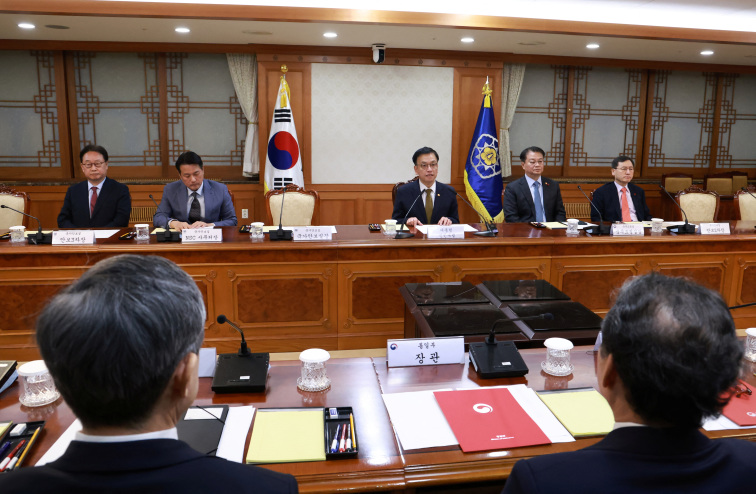


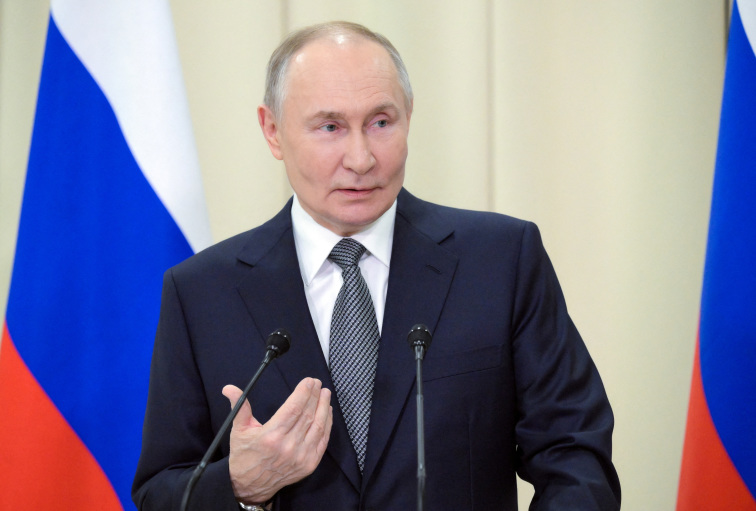
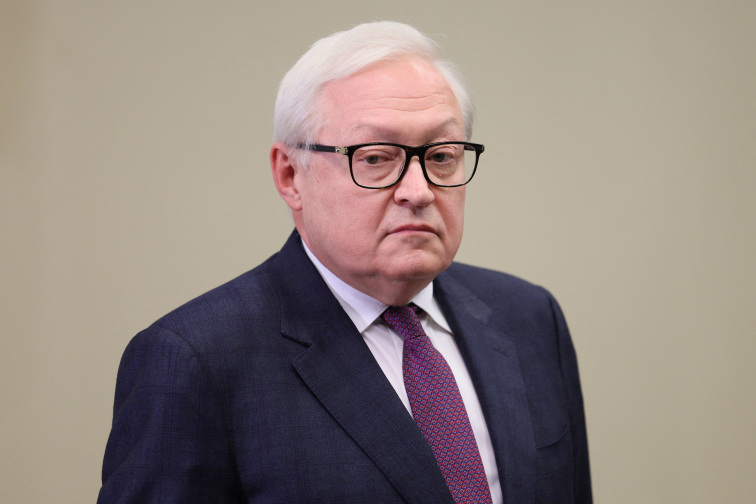
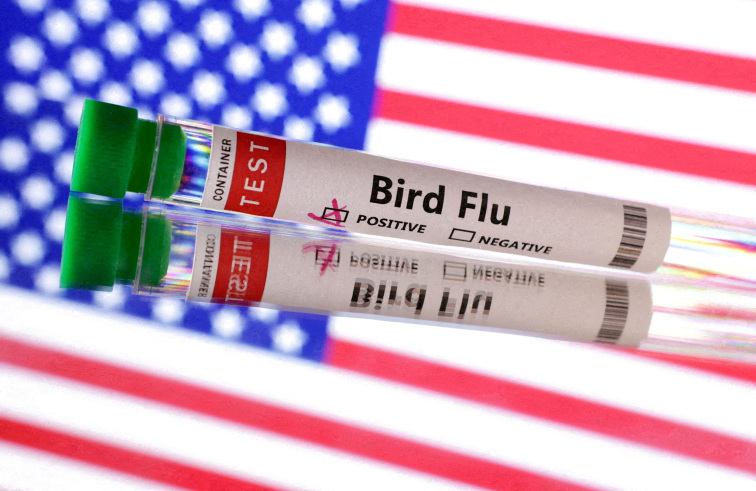
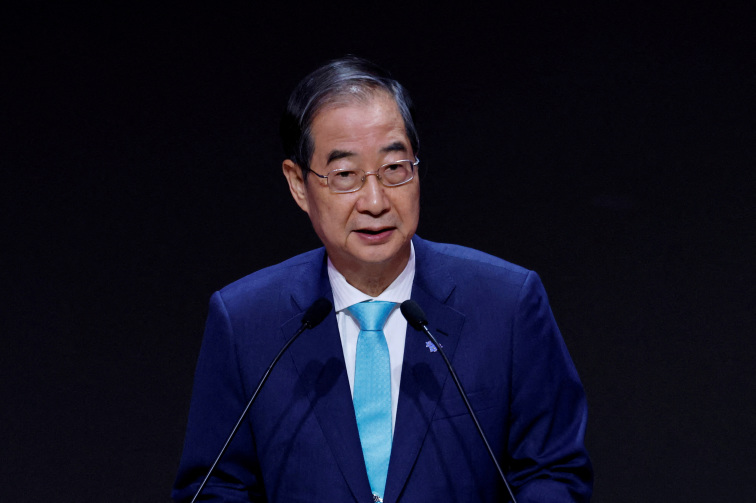


News magazine bootstrap themes!
I like this themes, fast loading and look profesional
Thank you Carlos!
You're welcome!
Please support me with give positive rating!
Yes Sure!